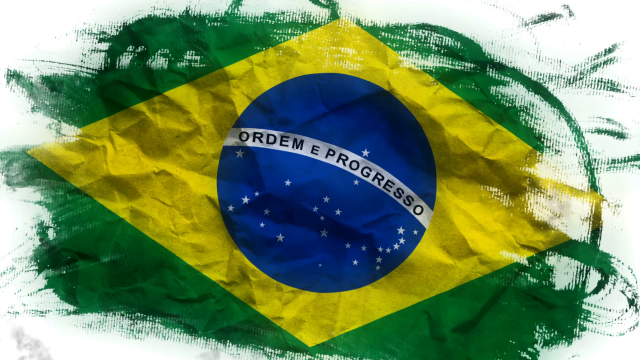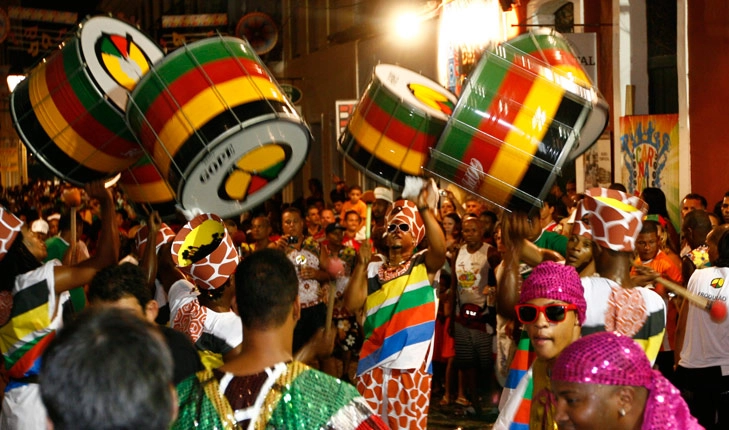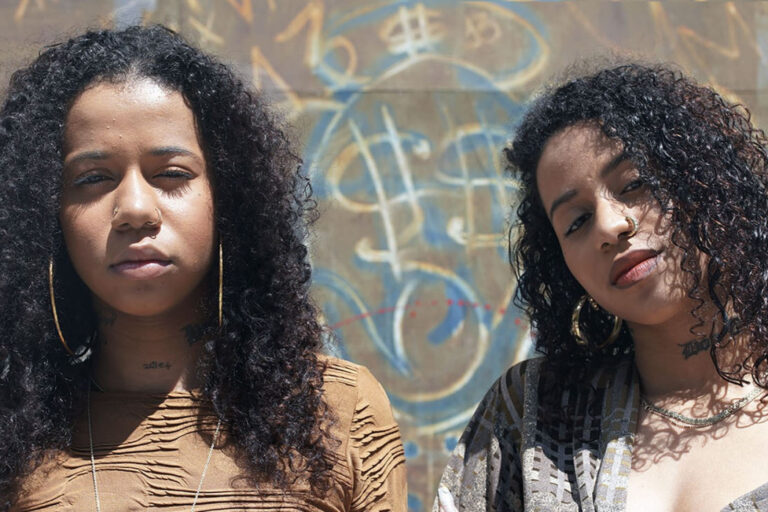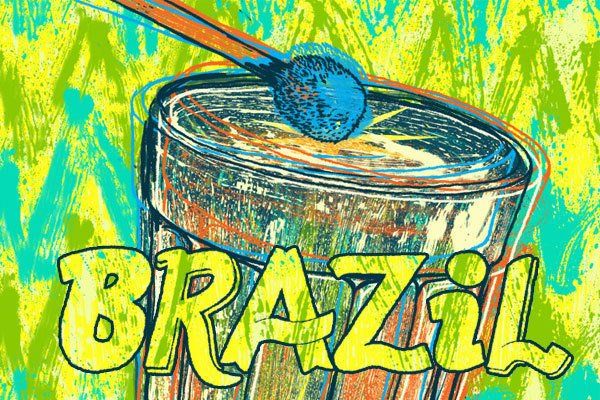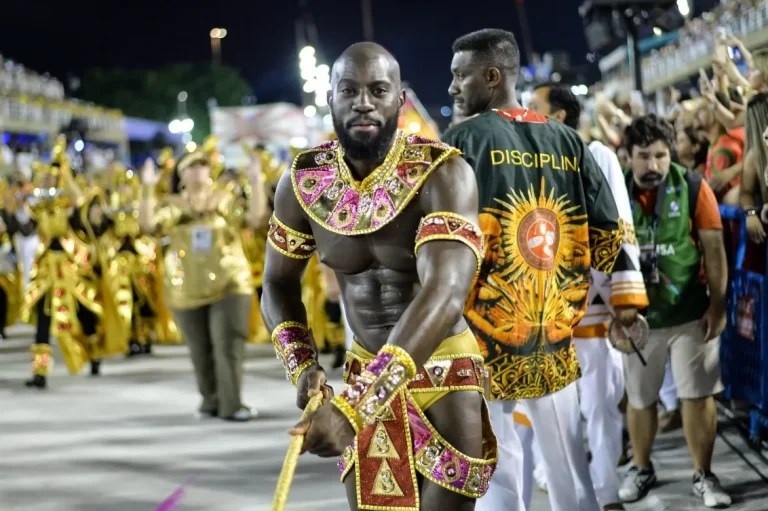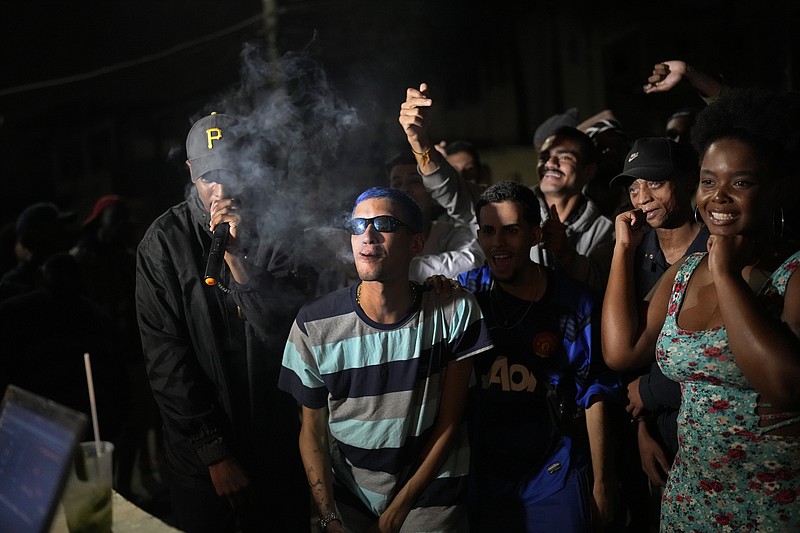
In the heart of Rio de Janeiro’s Cidade de Deus, better known worldwide as the “City of God,” the sound of resilience is back—and it’s lyrical. On a warm night under open skies, a small crowd gathers at a local bar, not for drinks or football, but for rap. After a long pause brought on by the pandemic, the neighborhood’s underground rap battles have returned.
Ten young emcees, some barely out of their teens, step up to the mic, spitting raw, emotional verses as cheers ripple through the crowd. There are no flashing lights or big-name sponsors—just passion, poetry, and a portable speaker. The prize? A pizza voucher from the joint next door. But the real reward is belonging.
Fabio, the bar’s owner and a familiar face in the community, says the event has brought life back into the area. “People were isolated for so long. Now they come here to reconnect, to breathe again.”
Rap music in Brazil has long walked a tightrope, with some associating it with crime and rebellion. But for many youth in Cidade de Deus, it’s a way out—not in. It’s a way to channel pain into rhythm, frustration into flow.
Lucas dos Santos, known on stage as Roque CDD, sees the mic as more than a tool—it’s a lifeline. “When young people dive into art and culture, they drift away from violence. Music isn’t just expression, it’s prevention.”
While these battles may not make the headlines, their impact is loud and clear. In the City of God, bars and beats are becoming a sanctuary, giving a voice to the voiceless—and a future to the forgotten.

